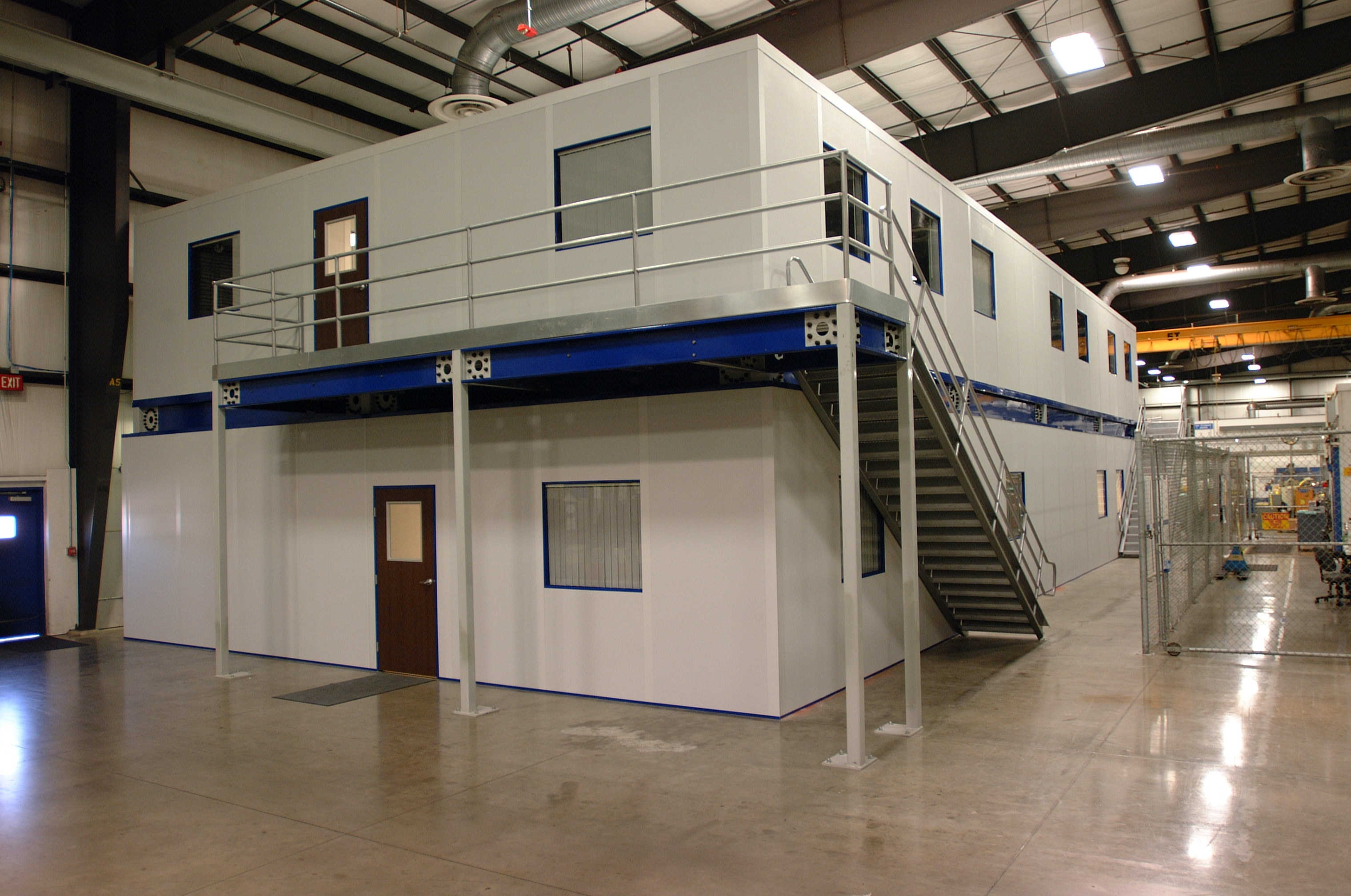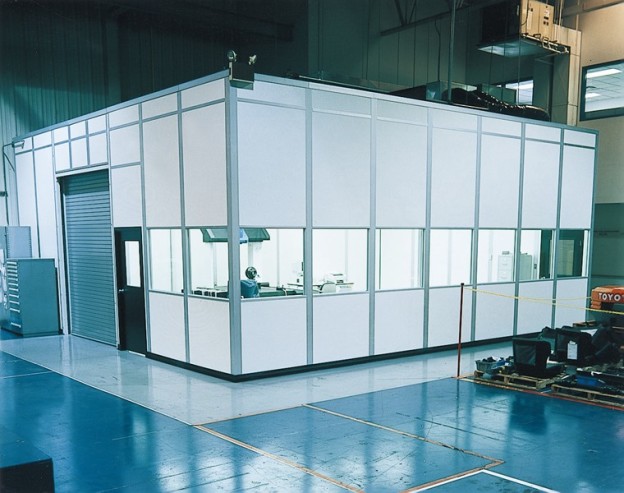Every day more new companies decide to move to one of the modular offices that fill large business buildings. The advantages of modular offices are many, but there are also disadvantages that you must know to make the best economic and strategic decision. Today in our blog we talk about modular offices from two complementary points of view: their advantages and disadvantages.
Main advantages of modular offices
Flexibility
One of the most notable characteristics of modular offices is their extraordinary flexibility and adaptation to the space needs of each company. The available interior space is as wide as it is versatile since in a short time you can move the boundaries of the halls, corridors, etc., and modify the dimensions to create active rest areas, expand the meeting room or enable and furnish a room for talents to receive a day of in-company training.
Adaptation to the real needs of the company
The second most notable advantage of modular offices has much to do with the previous one: the flexibility of spaces allows companies to rent only the workspace they need, no more and no less. In this way, the modular offices adapt not only to the space needs of the companies, but also to the productive needs of each of their projects in terms of human resources, furniture, equipment, etc.

Possibility of enjoying common spaces
Company canteens , nurseries, active rest rooms … Modular buildings offer their tenants different spaces and common furniture that each company can use to reinforce the motivation of its human team and strengthen those bonds of commitment that are so important in a modern and productive company.
Main disadvantages of modular offices
As we have seen, using the space offered by modular buildings has many advantages both from the point of view of the economic savings of the company, as well as the motivation and productivity of the human team. But logically, before moving to a modular office, we have to know and assess its main disadvantages, for example:
Acoustic pollution
Although the interior of modular buildings is usually divided by panels of two or three inches thick, there is a risk that sounds will be filtered from one office to another. In any case, this disadvantage of some modular offices can be solved in many different ways, such as, for example, installing sound- absorbing cabinets that separate spaces and minimize acoustic contamination that disturbs the concentration of the human team.
Possible problems with furniture
As mentioned in the section on the advantages of modular offices, companies can have more or less space depending on the needs of each project. But when changing the space, we will also have to change the arrangement of the furniture, assemble it, and dismantle it …, a manipulation that, as you know, cannot stand the furniture of lower quality.
On the other hand, by changing the arrangement of our furniture so that it adapts to the new space available in the office, we will have to face the problem that a piece of furniture that was previously well fitted in its space is now too big or too small.
The solution to the two problems – the need for quality furniture and the adaptation of the furniture to the available space – is solved at a stroke. Do you know how? Choosing modular furniture, a durable, versatile, and high quality solution that will fit both your modular offices and the budget you have to furnish them.
